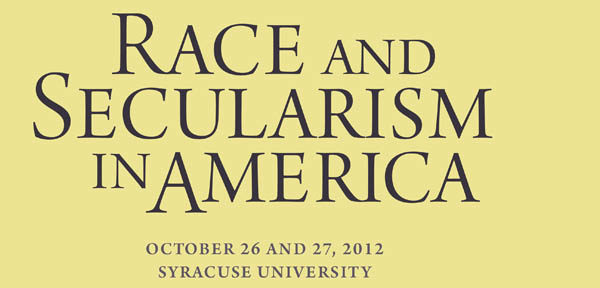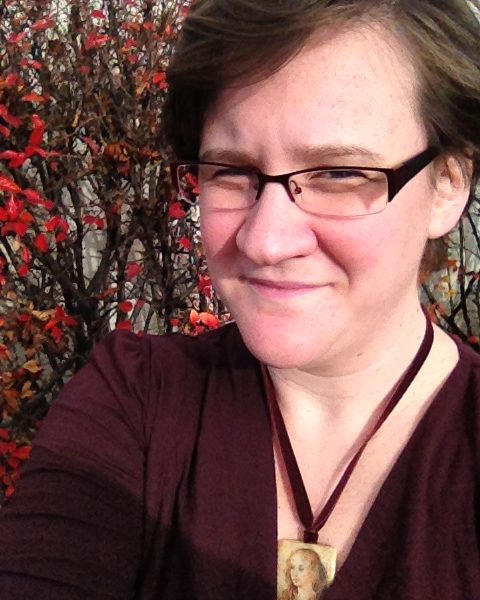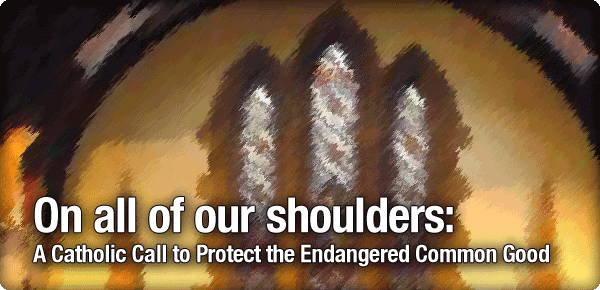
Are we not the Gentiles who have leaders ruling over us? Are we not the ones who obey the rules that are placed upon us? Isn’t it true that we have tyrants that are more concerned the upper class and middle class than with those struggling to get by, living paycheck to paycheck? Jesus demands a non-leadership leadership from his disciples. Something more topsy-turvy than the world’s standards that resemble social Darwinism….
Freedom of speech is the concept that one should be able to express themselves, whatever opinion they may hold. It has never existed as an absolute, and generally the various Western philosophers and thinkers who developed the concept never considered it to be unrestricted – rather most have accepted that there have to be limits upon expression, in order to protect society. Every society has red-lines – limits upon what constitutes lawful expression – and these depend upon the values of that society, contradicting the idea of a universal absolute freedom of speech….

I have met some born-again Christians who act as if, in order for the modern Church to be given new life, we need only to recover the passion, vibrancy and hope of the Acts of the Apostles. That, if only we could live as those first disciples and apostles lived –selling our goods, holding everything in common, praying constantly – we would truly be welcoming the Kingdom. For, if we could only live thus, we would be Spirit-filled faith heroes, propagating the faith with the courage and energy of Paul. Beguiling as this way of thinking might be, it is ultimately open to serious question: it imagines that the Book of Acts is straight history rather than – at one level – propaganda. The growth of Christianity in the Mediterranean Basin was slower, patchier and more interesting than the propaganda would have us think. Nonetheless, I genuinely understand the enthusiasm for the born-again way of thinking because I’ve lived it. In my mid-twenties, in the first wild months of a newly-received faith, I felt those possibilities….
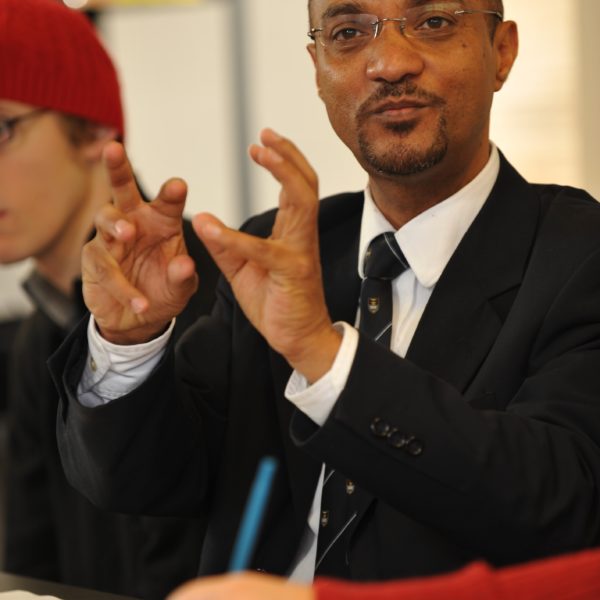
What do the widespread demonstrations against the anti-Islamic YouTube video “The Innocence of Muslims” teach us about the state of the world at this time in our history? Now that the hype has gone and the dust is beginning to settle around this episode it is a useful time to examine the lessons we can learn from the global Muslim protests against the film.
First, and foremost we need to once again make it unequivocally clear that the loss of innocent lives is to be condemned in the strongest terms. The depiction of the Prophet Muhammad in a negative and profane manner was a clear and deliberate provocation, but the sanctity of human life is a supreme value in Islam and nothing is worth the cost of a human life….
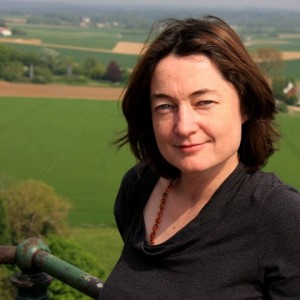
Understanding the relationship between morality and religion has preoccupied humanity’s best and brightest for millennia (think Plato, Aquinas, Kant, Nietzsche). Today, fascination with questions of morality and religiosity is no longer confined to philosophers, theologians and religion scholars. Research into the various ways that religion might influence moral identity is underway across a variety of subject disciplines in the human, natural and social sciences, capturing the interest of biologists, geneticists, neuroscientists, psychologists, anthropologists, and sociologists. Such research is highly necessary. The vast majority of the seven billion people on the planet identifies as religious. Most adopt at least some social and cultural norms and practices that reflect their religious identities. Across the globe, countless moral choices, great and small, are made on the basis of religious faith….
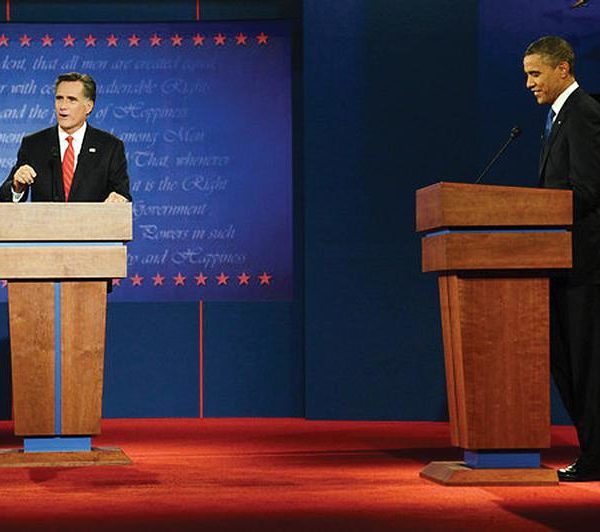
In the first presidential debate of 2012, Barack Obama and Mitt Romney tried to outdo one another in currying favor with the middle class. Yet Catholic social teaching proposes a preferential option for the poor. Catholics are called to promote the common good of all by putting the poor front and center.
